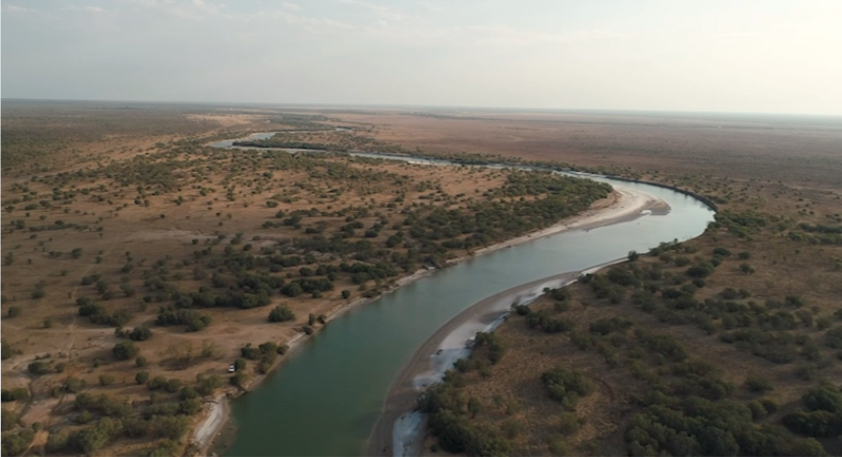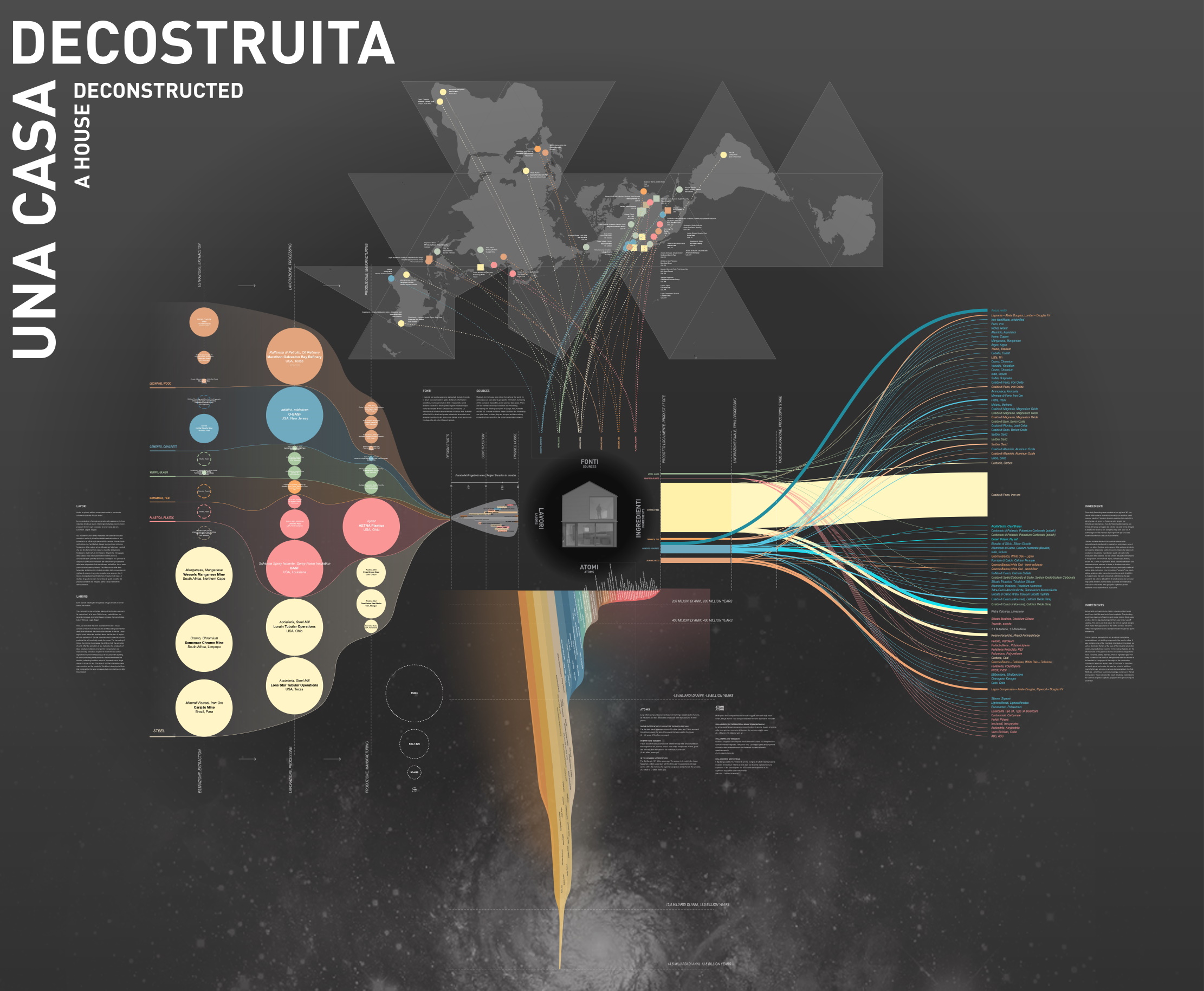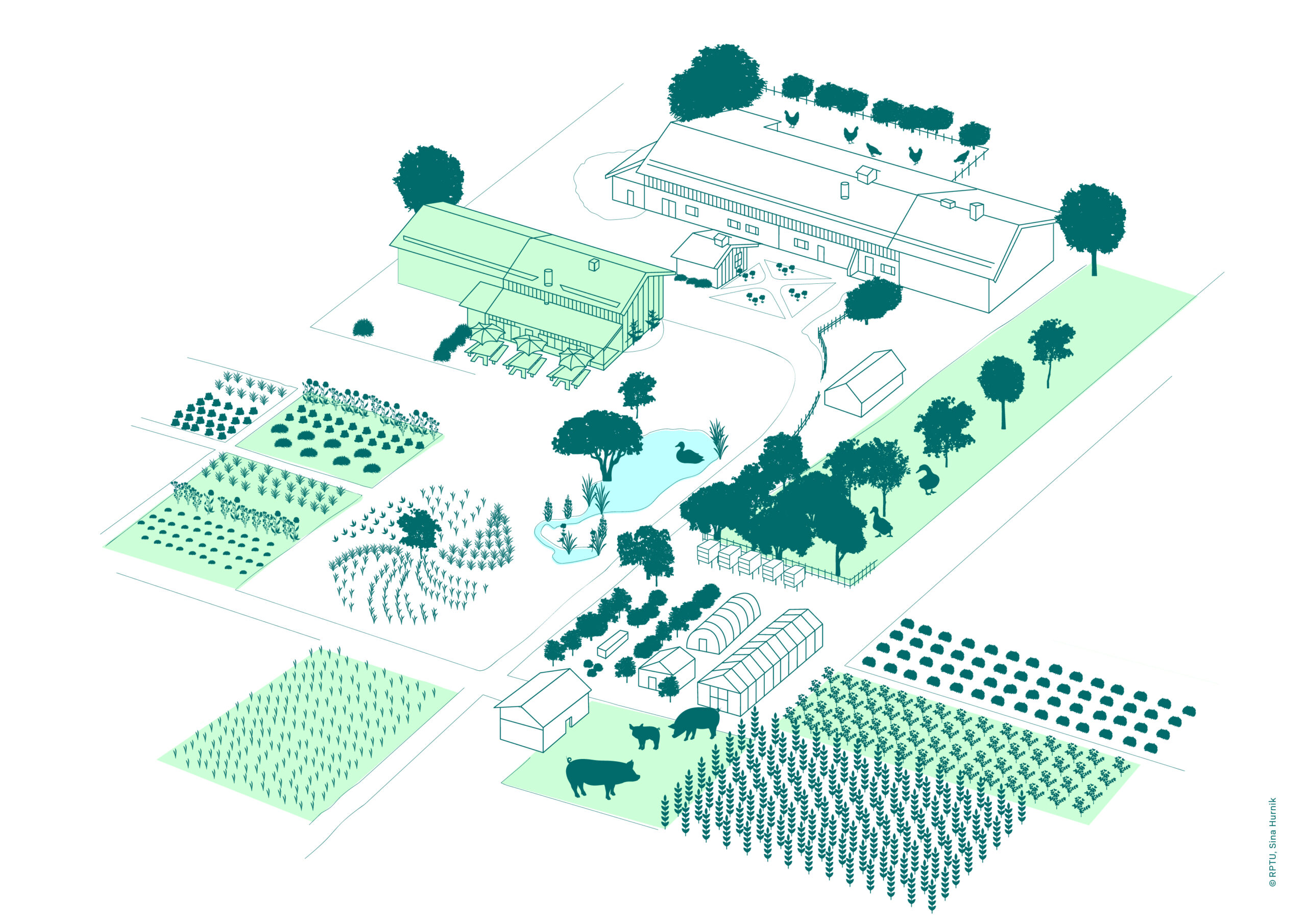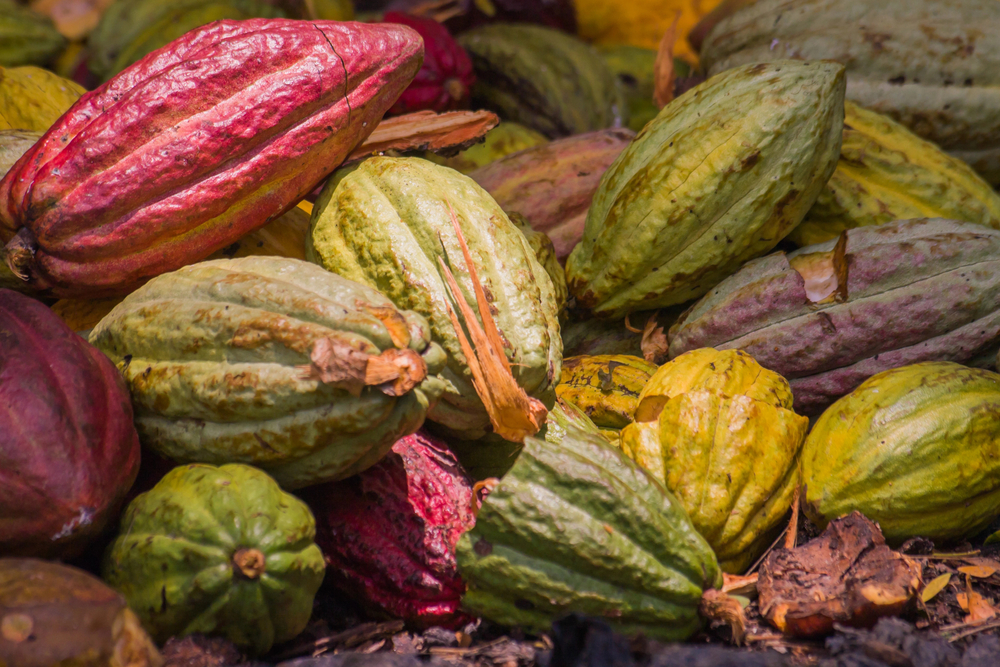Earth and Environment
Explore Earth and Environment

Dr Camille Mellin | Coral Reefs: A Lifeline for Global Nutrition Under Threat
Coral reefs are often admired for their breathtaking beauty and rich biodiversity, but their significance goes far beyond what meets the eye. These vibrant underwater ecosystems are a vital source of food and nutrition for over 500 million people worldwide, particularly in tropical coastal regions where they serve as the backbone of local fisheries. However, coral reefs are under severe threat from the combined forces of climate change and overfishing, posing significant risks to global food security. In a recent Perspective article, Dr Camille Mellin of the University of Adelaide and her colleagues explored how these changes are impacting the nutritional value of fish that live on coral reefs, revealing important insights into the future of food and nutrition security.

Professor Anne Poelina | The Key to Solving Climate Change May Lay in Indigenous Wisdom
In the Kimberley region of Western Australia, Indigenous First Australians are partnering with researchers and together they are pioneering a revolutionary approach to environmental planning and management, called ‘Caring for the River Country’. By blending ancient wisdom, Indigenous First Law and science with Western science, they’re reimagining our relationship with nature and offering a blueprint for global climate action. Professor Anne Poelina at the University of Notre Dame Australia argues that the key to our planet’s future may lie in Indigenous knowledge and wisdom, and ways of conceiving of our natural environment as kin.

Professor Mark Jarzombek | A House Deconstructed: Uncovering the Hidden History of the Modern House
The full extent of the labour and resources which go into creating a modern house is hidden deeply within the buildings we call home. Professor Mark Jarzombek of MIT and Professor Vikramaditya Prakash of the University of Washington are co-founders of the Office of Uncertainty Research, a research collaboration that is dedicated to rethinking architecture in a modern context. Through their research, Jarzombek and Prakash investigate these hidden stories by exploring the history of a recently built modern house in Seattle. Their findings reveal that the presumed transparency of modern architecture conceals deep ethical and environmental challenges, inspiring a call for a critical reassessment of how our current construction practices should be understood and approached.

Julius Reiff | Soil, Seeds, and Sustainability: The Power of Permaculture during Environmental Breakdown
Pressing environmental challenges, such as soil degradation, biodiversity loss, and climate change, can negatively affect agriculture, while also being driven by common agricultural practices. To tackle this predicament and ensure food security while promoting environmental sustainability, innovative agricultural practices are essential. Permaculture, a holistic approach to farming that mimics the stability and resilience of natural ecosystems, offers a promising solution. A recent study conducted by Julius Reiff of the Institute for Environmental Science, RPTU University of Kaiserslautern-Landau, Germany, and colleagues, provides compelling evidence of the benefits of permaculture in enhancing carbon stocks, improving soil quality, and boosting biodiversity.

Dr Alan Cottey | How we can Improve our Science Communication to Create Climate Crisis Action
We are facing a climate crisis that threatens our entire world and life as we know it. Despite this, scientists have found it difficult to engage people on the issue and inspire effective action. Dr Alan Cottey at the University of East Anglia explores the history of scientists’ climate warnings and suggests a four-register model of communication that he believes has the potential to reach people with varying degrees of scientific literacy and different lifestyles.

Dr Piergiorgio Gentile | Utilising Cocoa Pod Waste to Improve the Sustainability of Chocolate
With a history as rich as its flavour, chocolate in its various forms has been loved by people for over 5000 years. Currently, however, chocolate is facing a serious threat. The improper disposal of cocoa waste products is spreading devastating diseases through cocoa crops across the world. To address this serious problem, Dr Piergiorgio Gentile from Newcastle University and Dr Joel Girón-Hernández from Northumbria University with their collaborators have been exploring new uses for cocoa waste products, to increase sustainability and prevent the spread of crop diseases.

Riccardo Losciale | Overcoming Barriers to Protect Seagrass Meadows: A Critical Marine Ecosystem
Shallow coastal waters are home to a unique and important plant – the seagrasses. Seagrasses, defined as underwater flowering plants, form vast meadows within shallow coastal waters across almost all continents. Seagrass meadows are one of the most significant ecosystems on the planet, and our future depends on them. Seagrass is vital for biodiversity, supports global fisheries, and is indispensable for tackling climate change. Despite the value of seagrass meadows, efforts to conserve them are falling short. Through their research, Riccardo Losciale and his team from James Cook University in Australia aim to identify and overcome the barriers to seagrass conservation.

Dr James Fenton | Why We Should Question Reforestation in the Scottish Highlands
The Scottish Highlands are known as an area of great natural beauty. One notable aspect of the area’s ecology is the relative lack of trees and woodland. In recent years, there have been concerted efforts to introduce more trees. However, Dr James Fenton argues that this fundamentally misunderstands Scotland’s environmental history, imposes southern ideas on the northern landscape, and risks undermining the unique ecology of the Highlands.

Multiverse of Madness: A Social-Ecological Tipping Point Analysis
Humans have driven dramatic environmental changes – most of which have a negative impact on us and other species. Today, we can only understand ecological systems by integrating the impacts of human activities, driven by our social systems. These social-ecological systems are dynamic, consisting of feedback loops and several interacting sub-systems – such as forests and agricultural production. The resilience of these systems is dependent on diversity – be it ecological or social. Beyond a certain point, a sub-system may cross a tipping point that changes the state of the whole system, potentially irreversibly, ushering in a new social-ecological state, which is typically less favourable than the former state. In recent research, an international team of experts has developed an advanced analytical framework to examine the tipping points within the social-ecological multiverse of the Southwestern Amazon.

Dr Jay Mellies | Using Hungry Microbes to Devour Plastic Pollution
Plastic pollution is accelerating the destruction of our planet. Discarded plastic can be found in the remotest areas – from the highest mountain tops to the deepest ocean trenches. As many types of plastic take hundreds of years to break down, finding better solutions to the plastic crisis is vital. In recent research, Dr Jay Mellies from Reed College in Oregon examines the ability of microbes to break down mixed-plastic waste.

Dr Ari Jumpponen | Exploring How Soil Fungi Respond to Drought
Both the frequency and intensity of droughts are forecast to increase in climate change predictions. It is well established that plant communities are sensitive to drought conditions, having implications for agriculture, forestry, and wild habitats. Despite the close association between soil fungi and plants, our understanding of how fungal communities respond to drought remains incomplete. To build this understanding, Dr Ari Jumpponen and his colleagues at Kansas State University used a combination of pure culture- and DNA-based techniques to study soil fungal communities exposed to chronic drought conditions.

Dr Gita Kolluru | Dylan Lanser | Dr Larisa Vredevoe – Reproductive Consequences for Tick-Infested Lizards
Each year, male Western fence lizards bob, charge, and battle rivals for a chance to win mates. For many of them, tick infestations threaten to hinder their best efforts by harming the lizards’ health. But just how harmful is tick parasitism for these unfortunate lizard hosts? In their recent research, Dylan Lanser, Dr Larisa Vredevoe, and Dr Gita Kolluru at California Polytechnic State University aimed to answer this question by staging contests between tick-free and tick-infested lizards.
Increase The Impact Of Your Research!
Explore partnership opportunities
Unwind without the hassle. Enjoy fresh audiobooks, delivered free!
